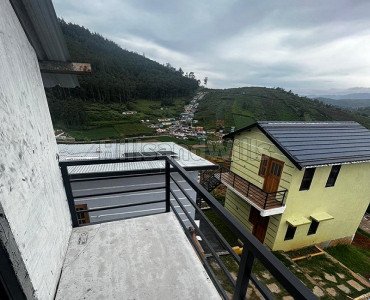Factors Influencing NRI buying property in India & NRI investment in India Rules

Owning a property could mean different things to different people. A sizeable number of people like to see it as an investment. In this blog, we are to understand a few factors, that influence market growth for real estate, in India. How do NRIs fit into the Indian real estate market? What drives NRI investment in India? Let us find out
A leading financial newspaper estimates that, NRI real estate buyers will contribute $13.1 billion toward the Indian real estate market in FY21; to grow at 5% yoy. This is double fold from their contribution of $6 billion in FY14. About 42% of the thirteen billion is expected to come from the Gulf Cooperation Council (GCC), while others to be USA, Canada, UK and South East Asian countries like Singapore and Malaysia.
Between FY14 and FY21, NRI investment in real estate in India was at a CAGR of 11%.It is thus, evident that NRI sentiments have been positively impacted, to facilitate this growth.
The apparent reasons:
1) Government regulations
The passing of the Insolvency and Bankruptcy Code (IBC)&RERA (Real Estate Regulatory Authority) act, by the two houses of the parliament in 2016, boosted the morale of investors.
2) Depreciation of Indian Rupee
Since January 2020, the Indian rupee has depreciated by 7%, to attain an average value of 72.10 for a dollar. This is attributed to several factors, including those concerning the domestic banking sector’s stability.
3) Covid-19 & global uncertainties
Considering the worldwide VISA bans and travel restrictions, NRIs have been considering buying property in their home country. What was once a luxury has become a necessity. Since citizenship options are not available in gulf countries, and property prices are raising in popular destinations like the UAE, they are keen to invest in a property for dwelling or for future liquidation. With bank deposits giving lower returns in this period, the NRIs are shifting toward a much lucrative investment, being real estate.
4) Tax on remittance - NRI buying property in India tax implications
In October 2020, a rule proposed in the Indian Union budget was executed. According to the scheme, a 5% Tax Collected at Source (TCS) was levied, on remittances over 7 lakhs outside the country. In case of absence of PAN or Aadhar card, the TCS would be 10%. This tax will reflect as tax credit in form 26AS of the remitter. The amount can be claimed as credit against tax payable, when filing income tax returns. If TCS is greater than tax payable, then a refund will be facilitated.
This TCS under the Liberalised Remittance Scheme (LRS) increases the upfront costs for people investing overseas and is not applicable for inward remittances from NRIs.This again encouraged investors from foreign countries to pump money into the Indian real estate market.
5) Digitalisation& added services
Technological advancements like virtual tours and augmented realty are helping NRIs to makea purchase decision much easily. Holistic property management services offered by realtors, including repairs and rental assurance, are also boosting sale of properties to NRIs.
In line with the above reasons, a popular analytic tool reveals that a famous Indian real estate site receives considerable queries from the USA. It is also safe to assume, that a majority of NRIs are looking for houses in India preferably in hill stations. The reason being favourable climatic conditions and affordability – Hill station properties are cheaper than at Cities.
Are you interested in buying a premium property in India but are unsure of NRI investment in India rules? Contact Hills & Wills, who know the market, like the back of their hands! With the pioneers in hill station realty, you can never go wrong. Drop us a message on our portal and let us contact you.










Blog Category